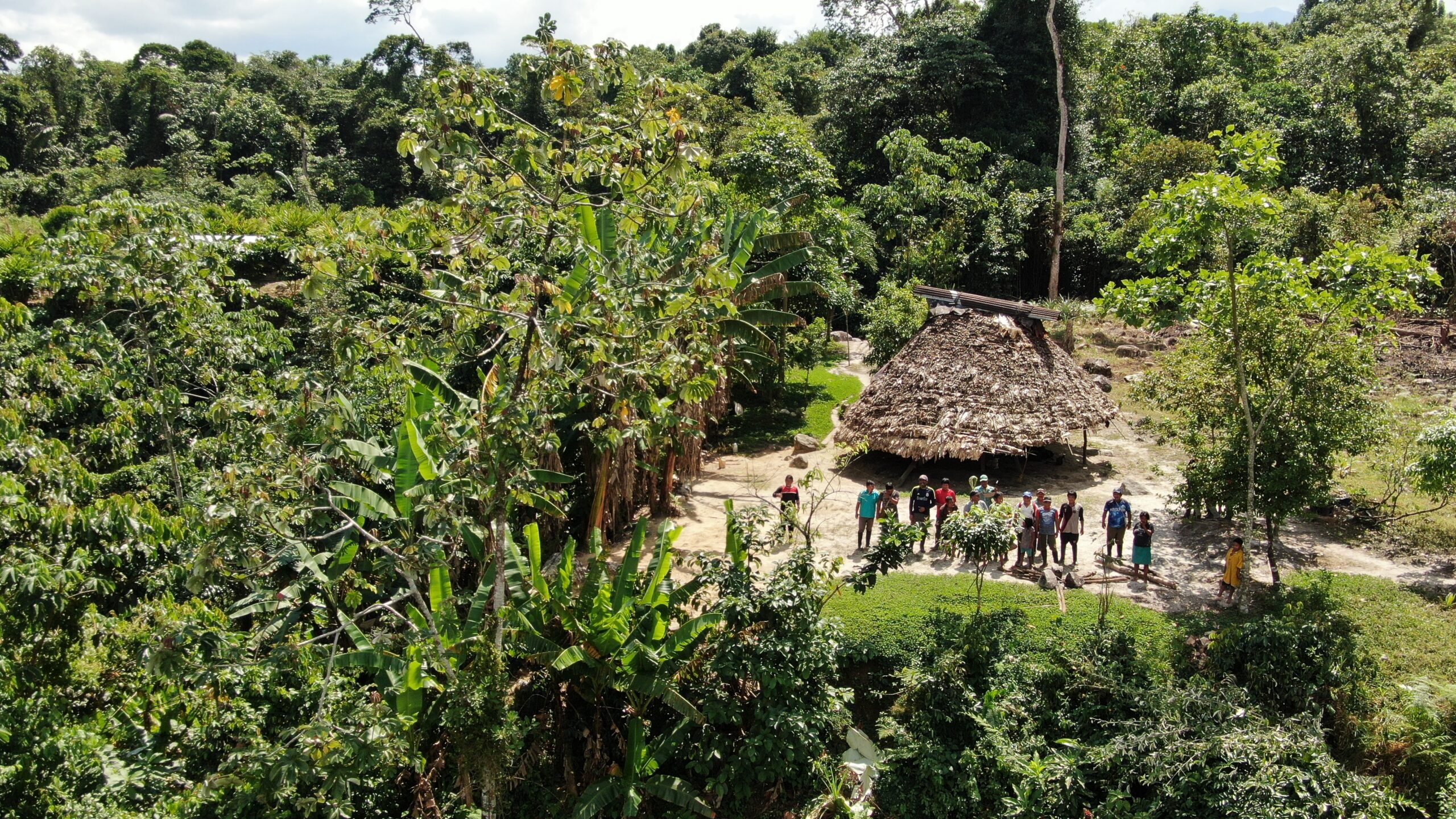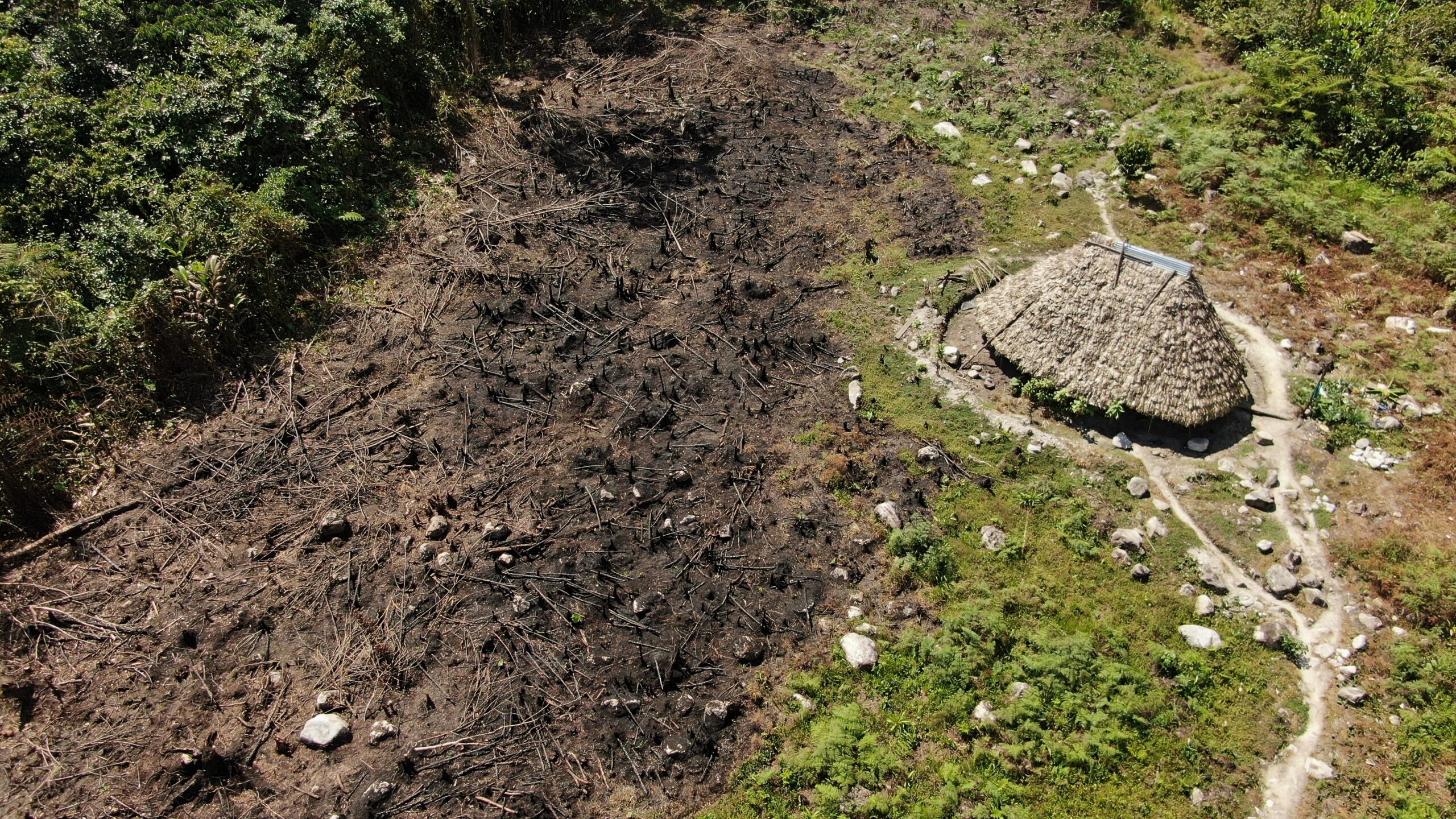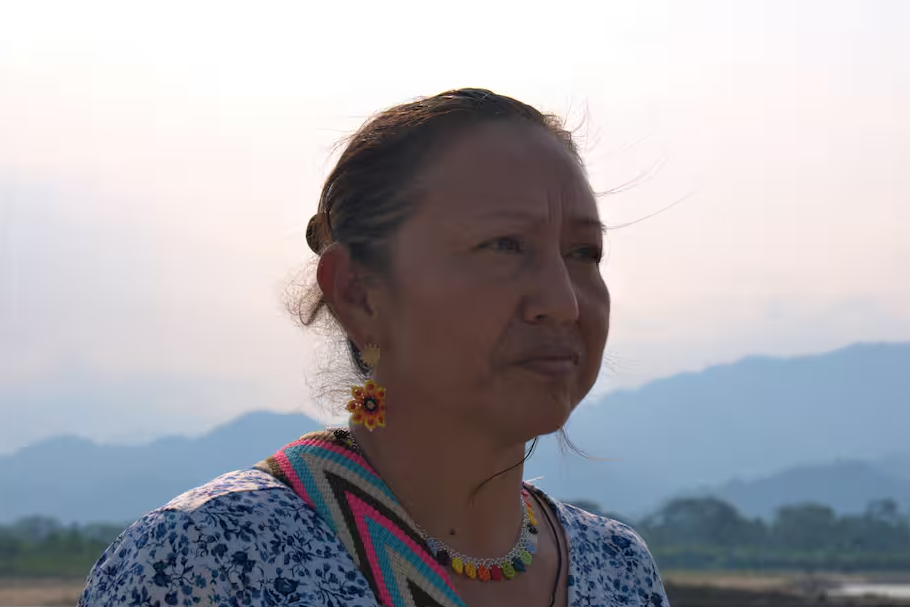
JUSTICE FOR THE U’WA NATION
Guardians of Mother Earth
The history of exploitation of the U’wa territory is a massive violation of human rights and Indigenous sovereignty.
The U’wa are an Indigenous community living in northeastern Colombia. As the “Guardians of Mother Earth,” their sacred duty is to protect and preserve the environment.
For decades, they’ve had to fight to protect their territory from extractive companies such as Occidental Petroleum and Ecopetrol, which threaten to extract oil and gas from their ancestral territory. Without the U’wa’s free, prior, and informed consent, the Colombian government has signed deals with powerful corporations to extract oil from the subsoil of their land, violating their territorial and cultural rights.
The continued exploitation of fossil fuels is not only destroying the environment, it is also a direct assault on the U’wa culture. For the U’wa, oil, gas, coal, and other minerals are sacred. The U’wa believe that as ‘Guardians of Mother Earth and Life’, they must maintain the balance between the sky, earth, and subsoil, all of which are incredibly sacred. The U’wa culture and spirituality are intertwined with the sky, land, and subsoil. Extracting these sacred minerals will poison their water, destroy their ecosystems, disrupt their culture, and lead to the extinction of species, including humans.
Since the early 1990s, these indigenous people have been fighting to protect their resources and territory from extractive activities, mainly oil and gas. These activities have been authorized and promoted by the Colombian State without consultation with or consent of the U’wa, violating their fundamental rights.
Seeking Justice
In 1997, the case was brought before the Inter-American Commission on Human Rights. EarthRights joined as a co-petitioner along with AsoU’wa, supporting the U’wa Nation in their quest for justice.
After more than 25 years, the case was finally heard before the Inter-American Court of Human Rights in a public hearing in Chile in April 2023. The case is currently awaiting a verdict.
MEDIA COVERAGE





